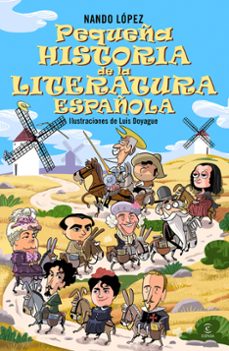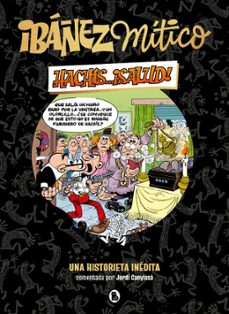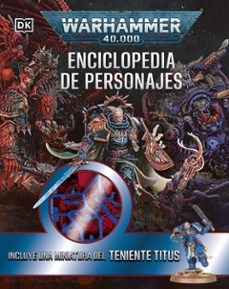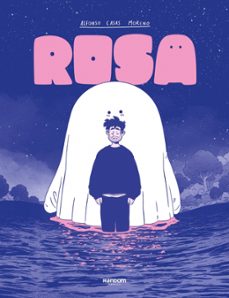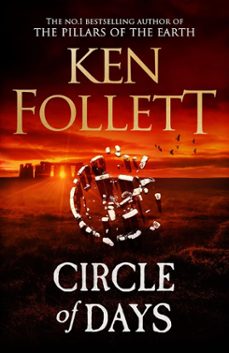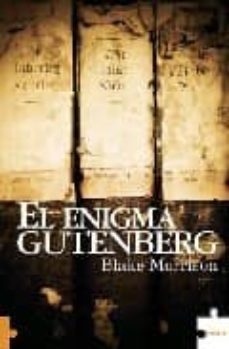Imprescindibles
Ficción
No Ficción
Ciencias y tecnología Biología Ciencias Ciencias naturales Divulgación científica Informática Ingeniería Matemáticas Medicina Salud y dietas Filología Biblioteconomía Estudios filológicos Estudios lingüísticos Estudios literarios Historia y crítica de la Literatura
Humanidades Autoayuda y espiritualidad Ciencias humanas Derecho Economía y Empresa Psicología y Pedagogía Filosofía Sociología Historia Arqueología Biografías Historia de España Historia Universal Historia por países
Infantil
Juvenil
#Jóvenes lectores Narrativa juvenil Clásicos adaptados Libros Wattpad Libros Booktok Libros de influencers Libros de Youtubers Libros Spicy Juveniles Libros LGTBIQ+ Temas sociales Libros ciencia ficción Libros de acción y aventura Cómic y manga juvenil Cómic juvenil Manga Shonen Manga Shojo Autores destacados Jennifer L. Armentrout Eloy Moreno Nerea Llanes Hannah Nicole Maehrer
Libros de fantasía Cozy Fantasy Dark academia Hadas y Fae Romantasy Royal Fantasy Urban Fantasy Vampiros y hombres lobo Otros Misterio y terror Cozy mistery Policiaca Spooky Terror Thriller y suspense Otros
Libros románticos y de amor Dark Romance Clean Romance Cowboy Romance Mafia y amor Romance dramatico Romcom libros Sport Romance Otros Clichés Enemies to Lovers Friends to Lovers Hermanastros Slow Burn Fake Dating Triángulo amoroso
Cómic y manga
Novela gráfica Novela gráfica americana Novela gráfica europea Novela gráfica de otros países Personajes, series y sagas Series y sagas Star Wars Superhéroes Cómics DC Cómics Marvel Cómics otros superhéroes Cómics Valiant
eBooks
Literatura Contemporánea Narrativa fantástica Novela de ciencia ficción Novela de terror Novela histórica Novela negra Novela romántica y erótica Juvenil Más de 13 años Más de 15 años Infantil eBooks infantiles
Humanidades Autoayuda y espiritualidad Ciencias humanas Economía y Empresa Psicología y Pedagogía Filosofía Historia Historia de España Historia Universal Arte Cine Música Historia del arte
Ciencia y tecnología Ciencias naturales Divulgación científica Medicina Salud y dietas Filología Estudios lingüísticos Estudios literarios Historia y crítica de la Literatura Estilo de vida Cocina Guías de viaje Ocio y deportes
BLAKE MORRISON
Recibe novedades de BLAKE MORRISON directamente en tu email
Filtros
Del 1 al 9 de 9
ARROW (RANDOM) 9780099502562
Intimate and disconcerting, compelling and comic, an anatomy of the way things are, ISouth of the River/I is the big British novel for our times - and a tour de force. It opens on the 'new dawn' of Labour's election victory in 1997, and ends five years later. But this is not so much 'state of the nation' as state of our souls, marriages, families, hopes and careers - a sharp and sexy portrait of a dysfunctional group of characters, all different yet connected. There's Nat, failed dramatist and reluctant lecturer, falling for a younger woman; Anthea, an eco-friendly lost soul obesessed with foxes; Libby, hardworking mother and advertising executive, the family breadwinner; Harry, Nat's friend and ex-pupil, a journalist on a local paper, with a guilty secret of his own; and Jack, Nat's blimpish but unexpectedly poignant uncle, who lives for fox-hunting, and runs a failing engineering company in East Anglia. Beneath the bright familiar world of Blair's Britain, there's a dark undertow of political and personal disillusion, of mythologies and urban myths that circle round our apparently comfortable lives. South of the River, a tale of five people, two rivers, and many Englands, metropolitan and rural, black and white, is gloriously readable and brimming with art and life.
Ver más
Tapa blanda
GRANTA BOOKS 9781862079786
First published in 1993, Blake Morrison's And When Did You Last SeeYour Father? is an extraordinary portrait of family life, father-son relationships and bereavement. It became a bestseller, and inspired a whole genre of confessional memoirs. This new edition includes a new afterword by the author. And When Did You Last See Your Father? won the Waterstone's/Volvo/Esquire Award for Non-Fiction and the JR Ackerley Prize for Autobiography 1993.
Ver más
Tapa blanda
PUZZLE EDITORIAL 9788489746671
En torno al año 1400, en una Europa castigada por la peste y poblada de ricos burgueses, hijas concupiscentes y aprendices astutos, nació Gutenberg, el hombre que inventó la máquina herética destinada a cambiar el curso de la historia: la imprenta. Apasionado de las maquinas, simpatico y visionario timador, Gutenberg lo aposto todo dinero, honores, y el amor de una mujer- por llevar adelante su sueño.
Ver más
Tapa blanda
TROPISMOS 9788496454057
Johann Gutenberg, maestro impresor, simpático y visionario timador, dicta su «testamento» o «justificación» a un joven amanuense a quien su invento ha dejado sin trabajo. Sus palabras conjuran la vistosa Europa del siglo XV, castigada por la peste: una Europa de ricos burgueses, hijas concupiscentes, aprendices astutos, amanuenses descuidados y artesanos pioneros del oficio de imprimir. Sobre todos ellos destaca la inquietante figura de Gutenberg, un hombre que lo apostó todo por el invento más importante del pasado milenio.
Ver más
Tapa dura
Del 1 al 9 de 9











